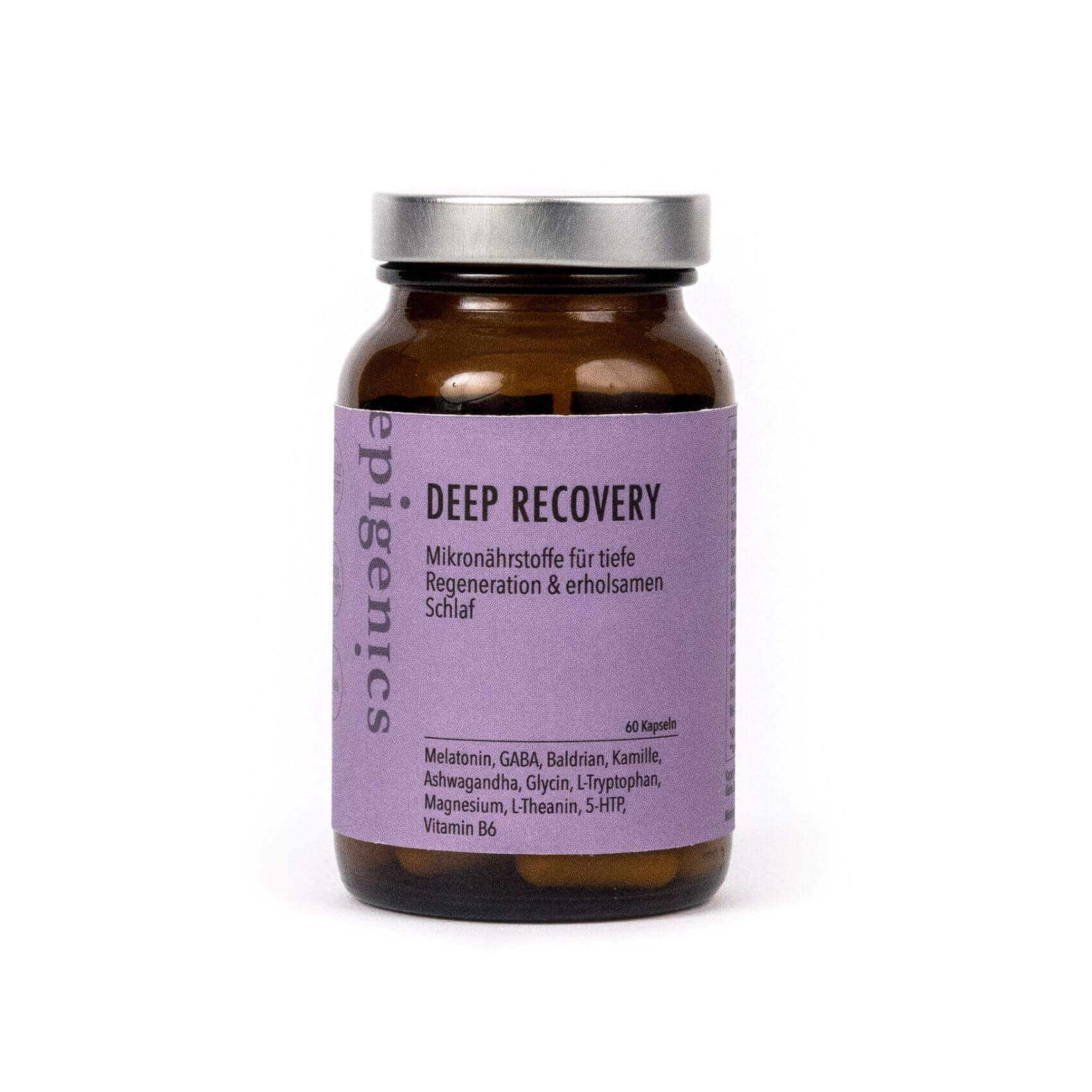Habits

How can I build and maintain healthy habits? Tips for sustainable success
We all know it: we resolve to exercise more, eat healthier, go to bed earlier, drink less alcohol. Most of the time, however, we only succeed for a short time before we fall back into our old habits. But why is it so difficult to establish new and, above all, healthy habits? Today we want to answer this question.
Why is it so hard to build new habits?
One important reason why it often doesn't really work out with the many good intentions is exactly this: We often take on too much at once. We throw ourselves into an intensive fitness program or vow to stop eating sugar. But in the process, we neglect essential steps that help us create the conditions for long-lasting success and turn resolutions into habits.
What can I do to create lasting healthy habits?
Here are some scientifically proven tips and tricks to help us put our good intentions into action and keep them for the long term.
5 tips to build healthy habits
1. "Habit Stacking" - Build on existing habits.
2. start small
3. be patient
4. make it as easy on yourself as possible
5. reward yourself
1. habit stacking - build on existing habits
Identify existing habits in your life that you want to maintain and link them to new habits you want to build. For many of us, the morning routine is particularly ingrained in our day and makes an excellent starting point. For example, do you want to make sure you don't forget your daily dose of Zell Boost or Collagen Plus forgotten? Simply keep Epigenics in your bathroom and take it every morning before brushing your teeth. Or put the pack in your kitchen and take your two capsules with a glass of water while you prepare your morning coffee.
These are two simple examples of habit stacking: brushing your teeth or making your coffee, then become anchor points for other health-promoting habits.
2 Start small
We often take on too much too quickly and then rely entirely on our own motivation and will to persevere. Unfortunately, this method rarely works. Stanford professor B. J. Fogg therefore advises: Start small. For example, he himself made a routine of doing push-ups once a day. He started with just two push-ups every time he went to the bathroom (another example of habit stacking). Once this little habit became second nature, he began to increase the number of push-ups. Today, he does between 40 and 80 push-ups a day.
3. have patience
A study found that it takes between 18 and 254 days for a new habit to really take hold. The mean was a whopping 66 days. So it's clear: it takes a long time for new habits to become routines. At the same time, the habit strengthens faster if we repeat it every day.
4. make it as easy as possible for ourselves
It is important that we don't put more obstacles in our own way when we want to build new habits. Instead, we should make sure that we make it as easy as possible for ourselves to engage in new habits. For example, if we resolve to go to the gym early the next day, it pays to pack the gym bag the night before. Or we can directly choose a form of exercise that doesn't even require us to leave the apartment in the morning, such as yoga. This trick is all about avoiding friction and seamlessly incorporating our new habits into our day.
5. reward yourself
A few habits show immediate effect. Others, like healthy eating, exercise or meditation may take months or years before we actually feel an effect. It may also be that the effect is simply the avoidance of negative health consequences. With such habits, it is especially important that we recognize our own efforts and reward ourselves for our perseverance.









